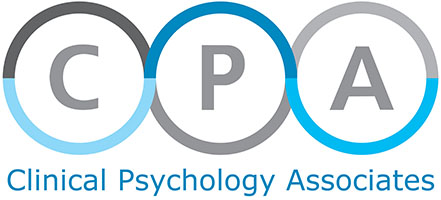Summary
In 1998, a landmark study was published, identifying 10 “adverse childhood experiences” (ACE’s) that negatively affect both brain and biological development. More recently, pediatrician Nadine Burke-Harris has synthesized decades of research on this issue, concluding that people with “ACE scores” have a significantly higher risk of mental disorders or related difficulties that negatively affect day-to-day functioning. What was surprising to the psychological and medical communities, however, has been her discovery that, even accounting for lifestyle factors that people with ACE scores are susceptible to (smoking, alcohol/drug abuse, poor diet), people who have experienced ACE’s are at a much higher risk of developing inflammatory diseases (e.g., asthma, heart disease), autoimmune disorders, and other serious health problems. They are also more likely to die prematurely. One goal held by Dr. Burke Harris is to have medical professionals who work with patients, mental health providers and educators administer ACE inventories to determine who within their population is at risk and would benefit from more intense interventions. If you are working with, raising or mentoring children who have experienced adverse childhood experiences, this is an invaluable tool. I recommend this book to my clients who have experienced adverse childhood experiences because it frees them from the cycle of blame they feel when their functioning is compromised, and offers them hope that they can begin the healing process.

